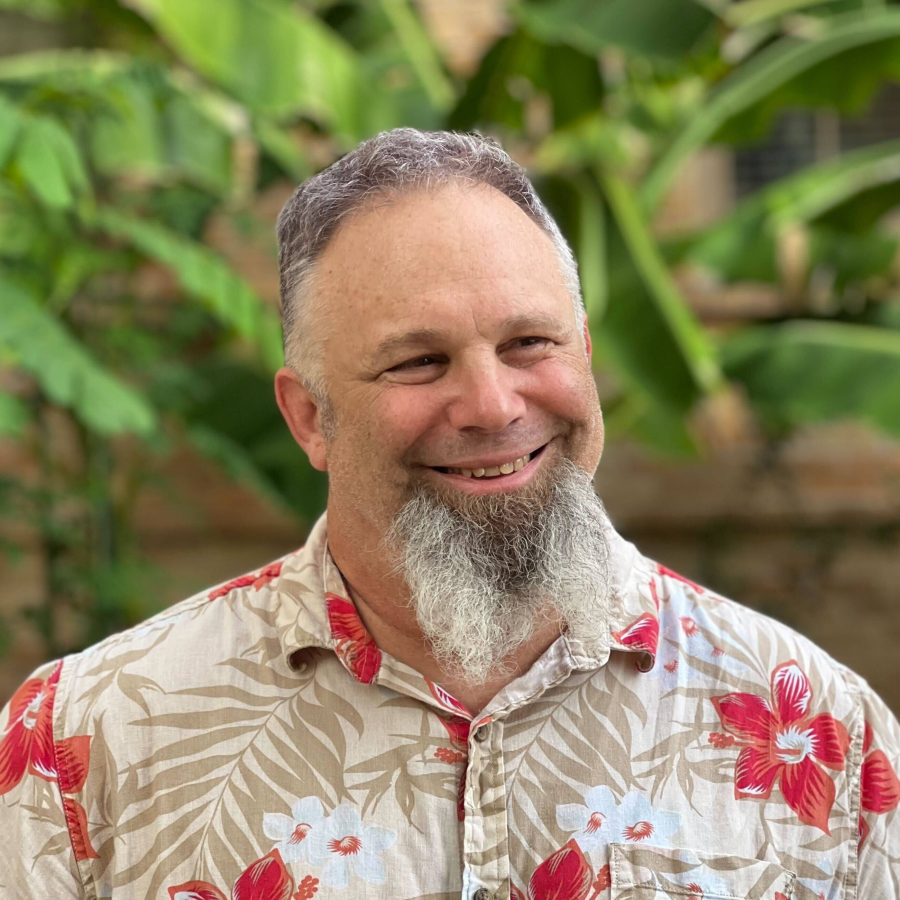
Our Research
In the Urban Ecosystems stream, students use techniques from analytical chemistry, biology, molecular biology, microbiology, ecology, environmental science, geochemistry, earth sciences, data science and social science to study urban ecosystems. Much of our focus is on the Waller Creek watershed, which runs through the UT campus. Leveraging the restoration work by the City of Austin and the Waterloo Greenway, the Waller Creek watershed provides an ideal testing ground to study urban ecosystem functioning and its response to restoration. We also study other local ecosystems, and collaborate on data collected from streams across the entire United States. Our current research includes identifying and quantifying contaminants in waterways, locating contamination sources, looking at the effects of those contaminants on organisms such as bacteria, algae, fungi, and macroinvertebrates, and evaluating how stressors from urbanization and climate change affect ecosystem function.

Our Strategy
Researchers in our stream first learn fundamental chemistry research skills in the context of environmental science experiments on samples of water, sediment, algae, macroinvertebrates, etc. collected from Waller Creek. Then, we move on to advanced techniques to explore the research interests of our three teams led by our three Research Educators, before students pursue a research project. All stream students develop the skills for independent and intelligent experiment design, execution, data analysis, and written and oral presentation, working with scientific literature, while working on collaborative skills, critical thinking, and interacting with local stakeholders.
In the Urban Ecosystems Stream, we focus on:
- spectroscopy
- bacterial plating
-
macroinvertebrate collection and identification
- titration
- filtration & extraction
- instrumentation includes a variety of water probes (pH, conductivity, temperature, nitrate, phosphate, dissolved oxygen)
- UV-Vis, and GCMS
Advanced Research Techniques (vary by project)
- Analytical Chemistry: SPE extraction, GCMS, LCMS, ICPMS, AA, Fluorimetry, UV-VIs, qPC
- Ecology: PE extraction, fluorimetry, HPLC, chlorophyll determination, spectrophotometry, total organic carbon analysis, real-time water quality monitoring, and steam flow characterization
- Biology: PCR, DNA extraction, bacterial culturing, algae & macroinvertebrate identification
- Exploratory Data Analysis: statistical analysis and modeling, data visualization, data mining techniques, all coded using R

Our Impact
Understanding the function of urban ecosystems can help build more sustainable cities as well as to provide areas of beauty and relaxation for urban dwellers. By identifying and quantifying a variety of urban stressors associated with creek and park ecosystems in Austin, we determine ways to improve these ecosystems, by both investigating ways to prevent these stressors, as well as ways to remediate those we can’t stop. Our students engage in real-world research and problem solving with faculty, staff, and community stakeholders, like the City of Austin, the University of Texas, the USGS, The Nature Conservancy, the Waterloo Greenway, and Ecology Action.
Our Team

Ruth Shear
- Professor of Practice
- Freshman Research Initiative
- College of Natural Sciences

Mary Poteet
- Lecturer
- Freshman Research Initiative

Stuart Reichler
- College of Natural Sciences
Freshman Research Initiative (FRI) | Urban Ecosystems Stream
Advisory Board
The Urban Ecosystems stream is overseen by an Advisory Board of professors at UT Austin, including: Dr. Kevin Anderson, Dr. David Laude, Dr. Kerry Kinney, Dr. Philip Bennett, and Dr. David Hillis.
Resources
Course Credit
Research Outcomes
Each year, we organize and run the Waller Creek Symposium, where ~100 people from the Austin region gather to discuss research, outreach and art focused on Waller Creek and urban streams. In addition to the UT Undergraduate Research Forum (URF), the Fall Undergraduate Research Symposium (FURS), and the Waller Creek symposium, our work has been presented at the International Symposium on Urbanization and Stream Ecology.
